(Main): Dallas Cowboy Dak Prescott after his injury. (Inset): former Bomber Joe Daniher and Richmond star Dustin Martin.
If you follow American football, you may know that Dallas Cowboys quarterback Dak Prescott suffered a compound fracture – meaning fragments of bone broke through his skin at the moment of the injury – and a dislocation of his right ankle recently against the New York Giants.
The outpouring of social media sympathy and well-wishes for Prescott has been massive.
Maybe you also know that at the same time Washington quarterback Alex Smith returned to the field for the first time in two years after a gruesome (I don’t use that word lightly) leg injury that resulted in a life-threatening infection, almost cost him his leg, and ultimately required 17 separate surgeries.
The outpouring of social media praise for Smith’s grit, determination, and achievement has been massive.
But what you probably don’t know is that prior to this season, Prescott had turned down a multi-year offer from the Cowboys and was instead playing on a one-year contract – granted, a contract worth $31US million – with no security beyond that one year.
The Cowboys exercised their option to apply a “franchise tag” to Prescott that took him off the free agent market, therefore forcing him to only negotiate with them.
An aside … the NFL’s collective bargaining agreement makes rocket science seem simple. Because he was injured rather than released, Prescott will collect the balance of his $31.4 million franchise-tag salary for this year.
The Cowboys then have until the closing of the two-week franchise-tag period in late February or early March to sign him to a long-term deal or again apply the franchise tag, which means, according to the CBA, Prescott will be entitled to a 20 per cent raise over this year’s pay, unreduced by injury or any other factor.
But I digress. Why did Prescott choose not to sign a long-term contract with the Cowboys? Keep in mind NFL contracts – unlike NBA and Major League Baseball – aren’t guaranteed.
For example, Kansas City Chiefs quarterback Patrick Mahomes signed a record-setting 12-year deal worth $503 million. But “only” $63 million of that money is guaranteed; if, a few years from now, the Chiefs decide to release Mahomes, the contract expires. (In short, a 12-year contract is only a 12-year contract if the Chiefs decide to employ Mahomes for all 12 years.)
Prescott evidently wanted a better deal, whether from the Cowboys or another team, along with greater security and increased options. In short, he was willing to bet on himself – and his value – in the open market.
When Prescott turned down a new contract, the outpouring of social media criticism from Cowboy fans for Prescott’s greed, selfishness, and lack of loyalty was massive. Prescott cared more about himself than the team. The jersey. The fans.
PLEASE HELP US CONTINUE TO THRIVE BY BECOMING AN OFFICIAL FOOTYOLOGY PATRON. JUST CLICK THIS LINK.
Too bad the same people expressing emotion and sympathy emotion for Dak’s injury didn’t expend this same emotion and energy when he held out for a better deal. Like all professional athletes, his season – his career – can end in an instant.
Hold that thought.
We all know schoolteachers who complain about low pay. I don’t blame them. Teachers should be paid more. They have an incredibly important job.
But they aren’t paid more.
And unless something dramatic happens, they won’t be paid more. As Marlo from “The Wire” would say: “You want it to be one way… but it’s the other way.”
Teachers may be woefully underpaid, but for now, that’s the way it is.
So why do so many people teach? Why do so many talented people choose to work in professions that pay less than another profession might?
Because their “fulfillment” graph line – the one that involves purpose and meaning and personal satisfaction and work-life balance and a host of other factors – intersects at a point that makes them happy.
If you love the place you work, the money will have to be substantially higher to lure you away. If you hate the place you work, you might even take less.
While a satisfactory balance between pay and fulfillment is hard to achieve, it’s one for which we all strive.
Perhaps that’s why Dustin Martin signed a new contract with Richmond in 2017 rather than take a larger offer from North Melbourne.
As described in Konrad Marshall’s outstanding books about the club, Richmond’s organisational culture likely played a role in Martin’s financial/fulfillment equation. Possibly that’s why so many Essendon players right now, like Joe Daniher, are seeking greener pastures.
Money isn’t everything. But it does matter.
When players choose to leave for more money, don’t question their loyalty. They may be responding to a higher form of loyalty: to family, to friends, or to themselves. Not just financially, but in terms of personal fulfillment, of self-actualisation … and to living the life they would like to live.
Wish them well. Be happy their talent and achievements afforded them the opportunity to make a decision that was best for them. The vast majority never get that chance.
Give them a hand when they play against your team in another side’s guernsey. After all, they aren’t just professional athletes. They aren’t just Tigers, or Bombers, or Blues. They’re people.
People with the same hopes, the same dreams, and the same goal we all seek. To achieve some degree of financial security… while living a happy and fulfilling life.

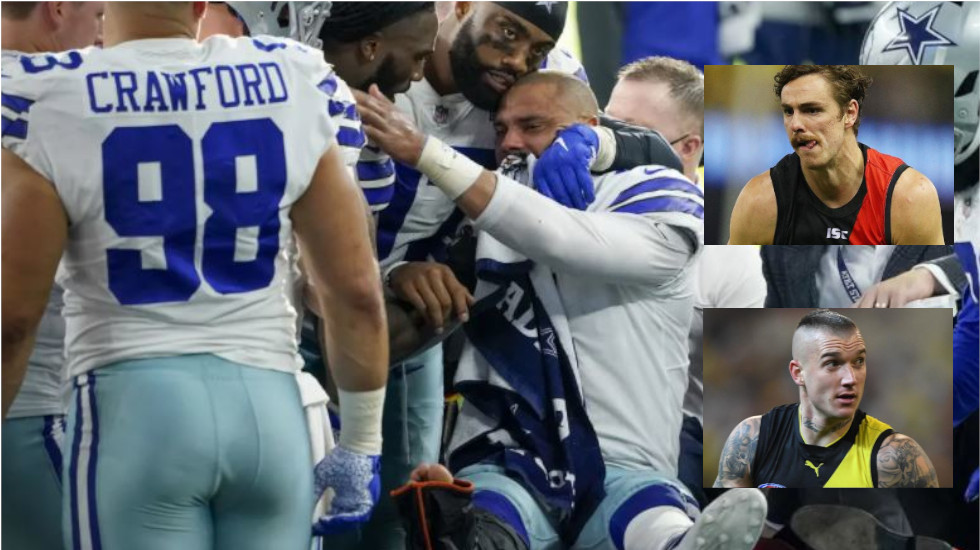
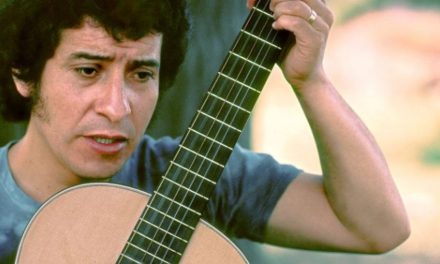
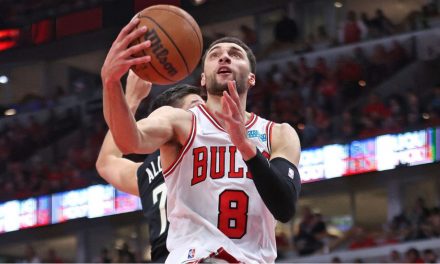
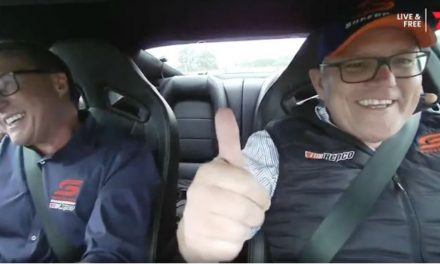
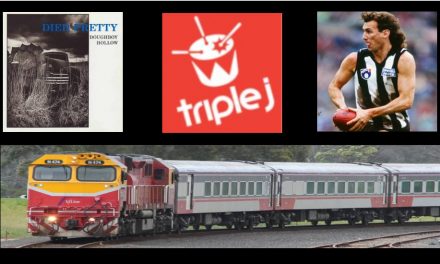

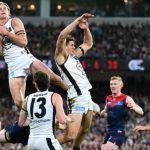




This article says it well. Brandon Ellis left Richmond for a better financial outcome at Gold Coast. By and large all the Richmond supporters i know (and I am one), and the Richmond fan groups on social media still celebrate Brandon as a Richmond man – they know his story growing up and why financial security meant so much to him.